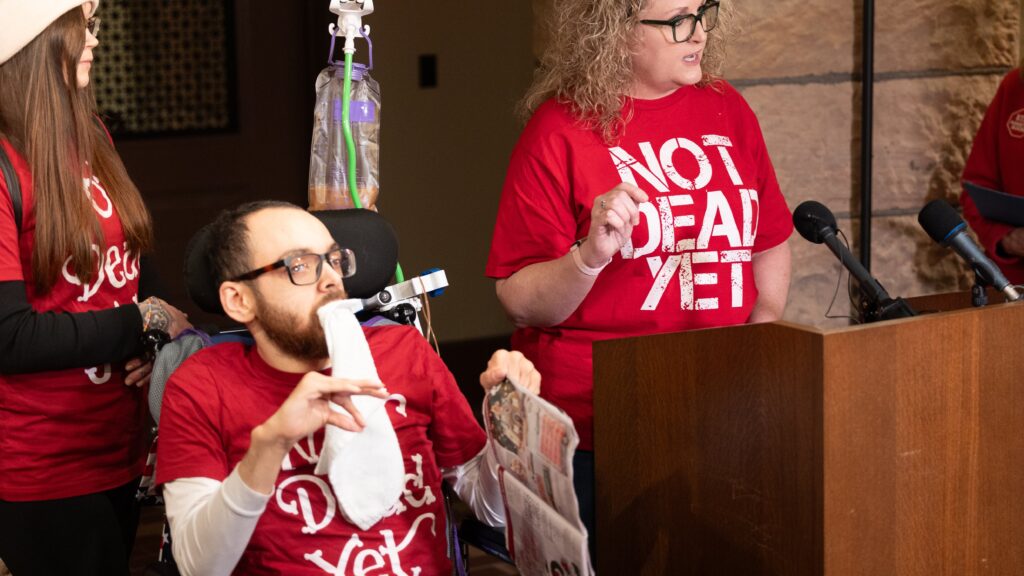Tragic Incident Sparks Life-Long Debate Over Assisted Suicide
In St. Paul, Minnesota, Jean Swenson, an educator dedicated to assisting vulnerable youth, suffered a catastrophic accident in 1980 that drastically altered her life. After her bus collided with a semitrailer, she was left paralyzed from the neck down, facing a new reality filled with unimaginable challenges. During those initial moments of crisis, she found comfort in the words, “Even though I walk through the valley of the shadow of death, I will fear no evil, for you are with me,” helping her cope with the immediate trauma.
From Despair to Advocacy Against Assisted Suicide
Following the accident, Swenson battled severe depression, feeling that her life had lost all its former joy and independence. However, over time, she found new meaning in her circumstances and now stands as a vocal opponent against the proposed legislation in Minnesota that would allow assisted suicide for the disabled. She argues that such laws could devalue lives like hers, particularly pointing to Canadian policies that offer assisted suicide to individuals with disabilities and chronic conditions, which she believes tread a dangerous ethical line.
Ethical Concerns and Legislative Challenges
The Minnesota Catholic Conference, representing the state’s bishops, strongly opposes the End-of-Life Option Act, deeming it dangerously permissive and in conflict with Catholic teachings that uphold the sanctity of life. The proposed bill does not require mental health evaluations or familial notifications, lacks robust safeguards for disabled individuals, and permits the unsupervised administration of lethal medication. As the state legislature deliberates, healthcare professionals and disability advocates underscore the potential for ethical abuses and the undermining of the intrinsic value inherent in every life, arguing for a more guarded approach to end-of-life legislation.
